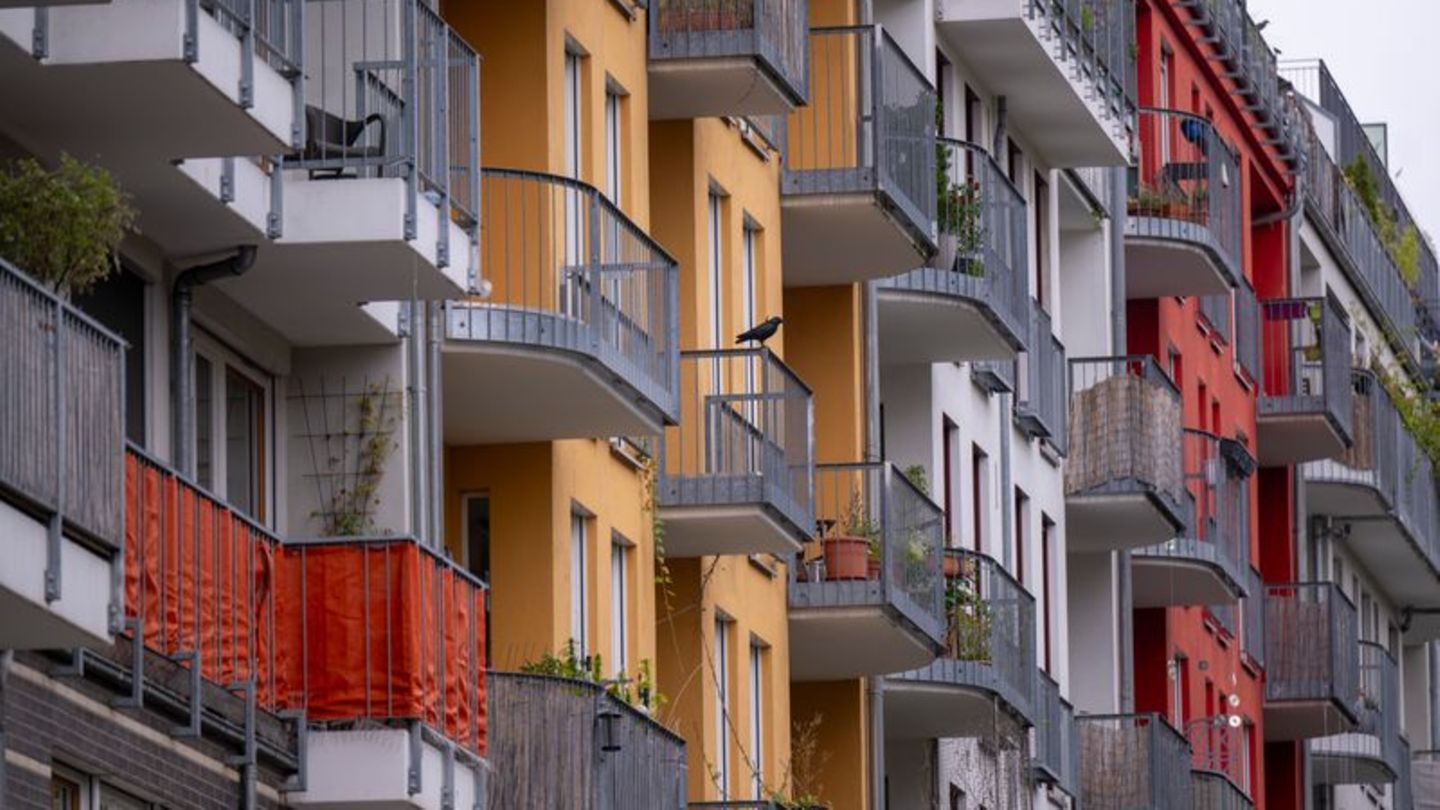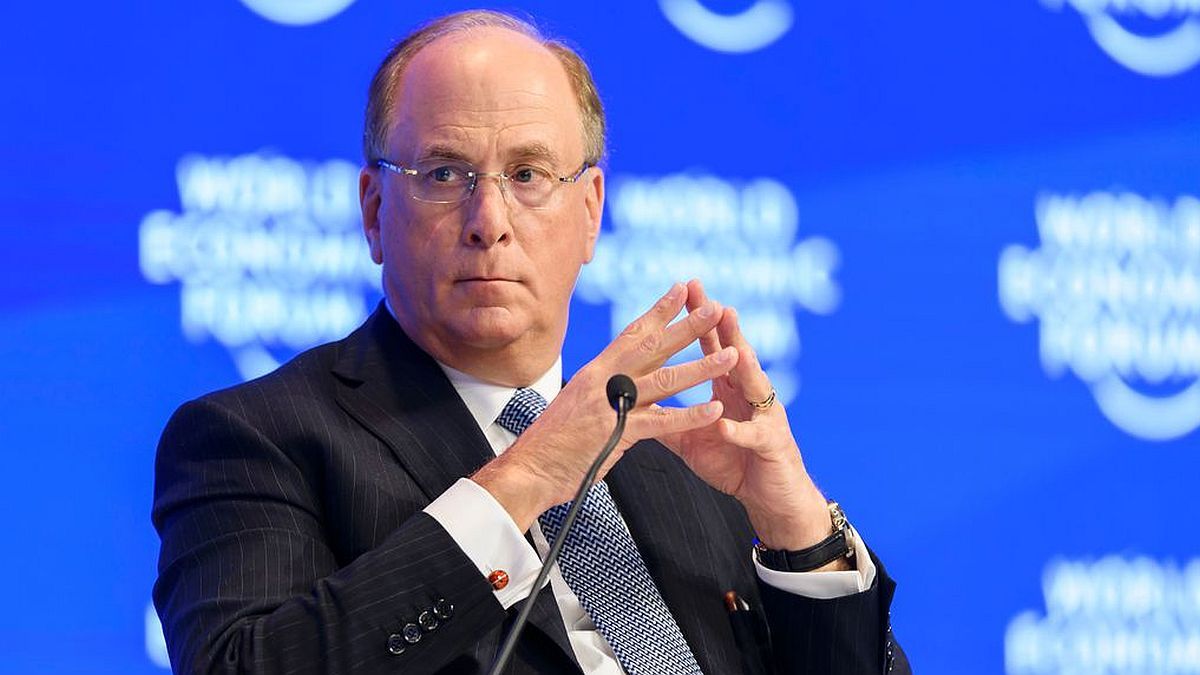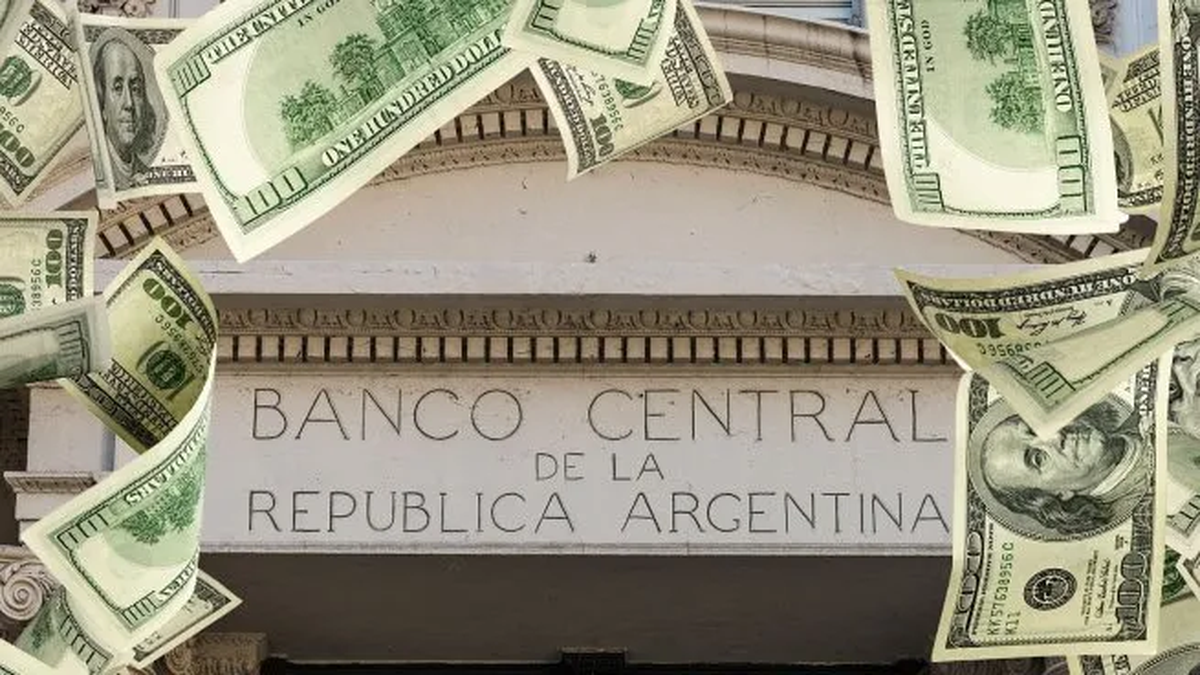Whether in Hamburg, Frankfurt or Düsseldorf: Buying your own home is becoming more expensive again. Is this already the end of a correction?
Is buying your own home becoming more expensive again? The Kiel Institute for the World Economy (IfW) has registered a turnaround in the German real estate market. Prices for condominiums, single-family homes and multi-family homes rose between April and June compared to the previous quarter, the IfW reported.
“The turnaround in the real estate market has begun,” said IfW researcher Jonas Zdrzalek. According to the scientist, uncertainty among prospective buyers is clearly decreasing, and the prospect of falling interest rates is stabilizing the market. The collapse in new construction business is also reducing supply and leading to rising prices.
Compared to the first three months of the year, prices for condominiums rose by 2.4 percent in the second quarter. Single-family homes cost two percent more. Prices for multi-family homes rose by 4.4 percent. In the previous quarter, prices had fallen. The information is based on the Greix real estate price index, which contains data from 19 cities and the Rhein-Erft district near Cologne. The IfW is one of the participants in Greix. The index is based on transaction data from notarial contracts.
Rising prices in Hamburg, falling in Cologne
Among Germany’s seven most populous cities, prices for condominiums rose most compared to the previous quarter in Hamburg (4.3 percent), Frankfurt (3.7 percent) and Düsseldorf (2.2 percent). In Stuttgart, apartments became 0.6 percent more expensive. In Cologne, prices fell by 0.4 percent. No current data was available for Berlin and Munich. Outside the category of the seven most populous cities, prices for condominiums rose significantly in Münster – by 5.6 percent.
The IfW believes it is possible that a correction in the real estate market will end after around two years. A correction is usually understood as a downward movement of an index, for example, which corrects excessive values. Greix recorded a price decline of around 14 percent in around two years, the IfW reported.
Sustained upward trend only interrupted?
Among the most populous cities, the correction was most pronounced in Stuttgart, where prices fell by more than 20 percent. The smallest decline was in Berlin, where housing prices fell by more than ten percent at their peak.
“The Greix data suggests that the real estate sector is regaining momentum and that the market has decided on a direction after months of volatility,” said Zdrzalek. The slump was short and sharp. It would be surprising if it now continued to rise at the same pace. According to Zdrzalek, the correction may have been an interruption of a long-lasting upward trend.
Increase in transactions
The Greix also shows that between April and June more properties were bought and sold than in the second quarter of the previous year. The transactions were around ten percent higher than in the same period, Zdrzalek told the German Press Agency. He did not give a total number. Because transactions are subject to seasonal fluctuations, the IfW compares annual figures. According to the scientist, the number of transactions increases towards the end of the year.
Despite the increase, the transaction activity remains at a rather low level, according to the IfW. Transactions are around 60 percent of the average from 2019 to 2021. For new buildings, the value is even lower at around 35 percent. The researchers did not give reasons for the development in a short report.
Source: Stern




